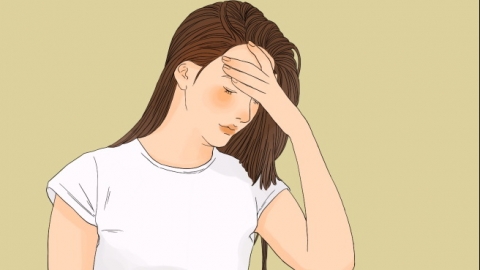Can you sleep when experiencing altitude sickness?
In general, whether a person experiencing altitude sickness can sleep depends on the severity of their specific symptoms. If there is significant discomfort or worsening symptoms, prompt medical attention is recommended. Detailed analysis is as follows:

If the symptoms of altitude sickness are mild—such as slight headache, dizziness, and fatigue—without chest tightness, shortness of breath, confusion, or other severe discomforts, normal sleep is acceptable. Adequate sleep allows the body to rest, reduces oxygen consumption, and helps with acclimatization to high altitudes, thereby alleviating mild symptoms. During sleep, ensure proper indoor ventilation to prevent worsening hypoxia.
However, if symptoms are severe—such as pronounced chest tightness, difficulty breathing, intense headache, nausea, vomiting, or accompanied by confusion and impaired judgment—sleep should be approached with caution. Falling asleep under conditions of severe oxygen deprivation may further suppress respiration, worsen hypoxia, and potentially lead to dangerous outcomes like coma. In such cases, it is advisable to remain awake, promptly administer oxygen, and transfer to a lower altitude. Rest should only be considered after symptoms have improved.
Prior to entering high-altitude areas, gradually acclimate to elevation changes and avoid rapid ascent. At the onset of symptoms, immediately stop strenuous activities, rest in place, and hydrate appropriately. Carry portable oxygen-supply equipment and use it when symptoms become severe. If symptoms continue to worsen, seek medical care promptly at a nearby hospital or by moving to a lower altitude. Avoid covering the head during sleep to maintain airway patency, closely monitor bodily responses, and wake up immediately if any abnormalities occur for timely intervention.







